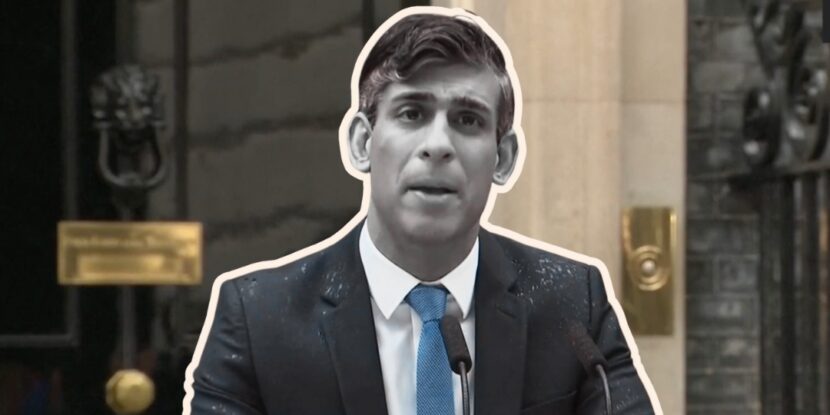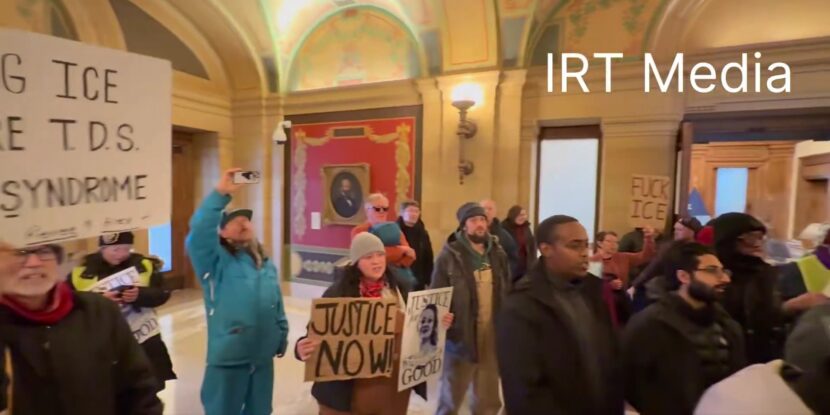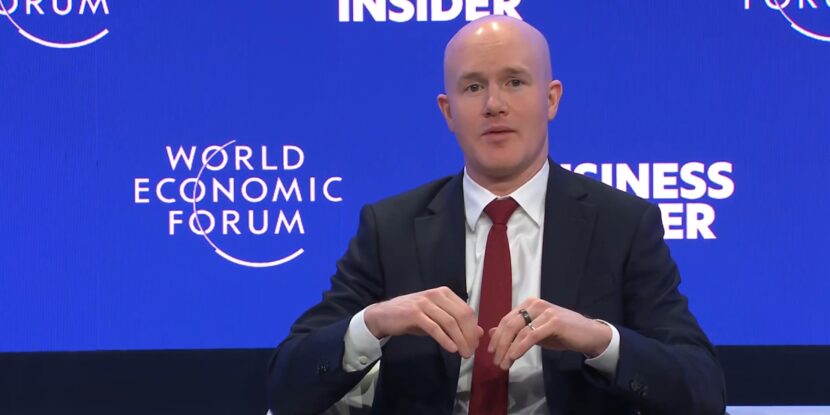According to the Office for National Statistics (ONS), inflation in the United Kingdom has decreased to an annual rate of 2.0 percent. This rate, down from 2.3 percent in April, aligns with expectations. Core inflation, excluding food, energy, alcohol, and tobacco due to their volatility, is anticipated to have reduced to 3.5 percent from 3.9 percent.
The Consumer Prices Index (CPI) rose 2.0 percent over the 12 months leading to May 2024, a decline from 2.3 percent in April. The Consumer Prices Index, including homeowners’ housing costs (CPIH), rose by 2.8 percent, compared to 3.0 percent in April.
The fall could be a boon to Prime Minister Rishi Sunak, who made the two percent inflation target one of his key goals when he became premier. He claims he can “start cutting people’s taxes” now.
However, inflation has been outpacing real-term pay increases for years. Although real-term pay increases are now outpacing inflation, many workers are still behind overall.
BIG PICTURE.
An analysis by the Trades Union Congress (TUC) indicates that unsecured household debt will rise by more than £1,600 per household this year. Driven by loans, credit cards, and hire purchase agreements, this amounts to a 9.4 percent increase in real terms. The TUC says this is the largest annual rise in cash terms since records began in 1987.
YouGov polling reveals that 42 percent of people have cut back on essential spending, such as food and utilities, rising to 47 percent for women. Around 60 percent reported reducing non-essential spending like dining out and entertainment. Almost 19 percent have fallen behind on household bills, with this figure reaching 28 percent among those aged 18-24. Additionally, 27 percent have taken on debt to handle unexpected bills, jumping to 37 percent for adults aged 25-49.





















